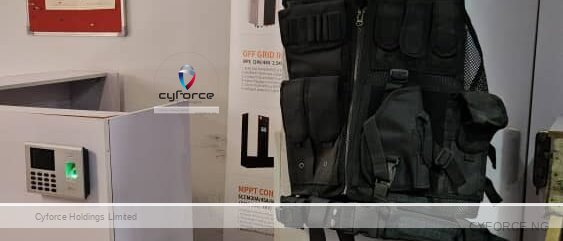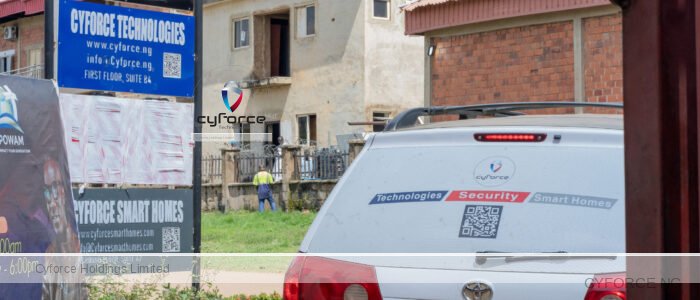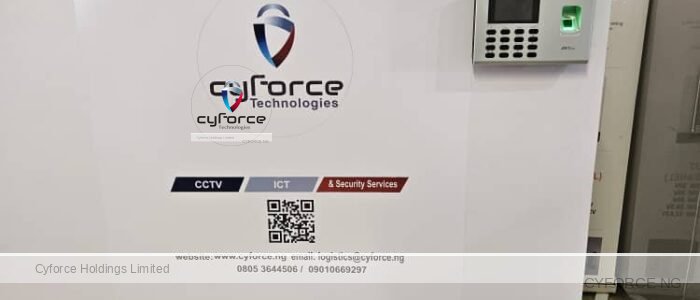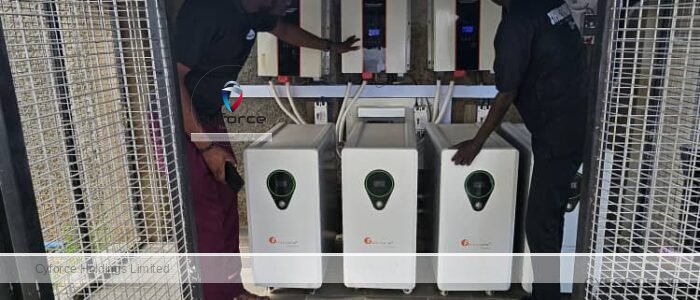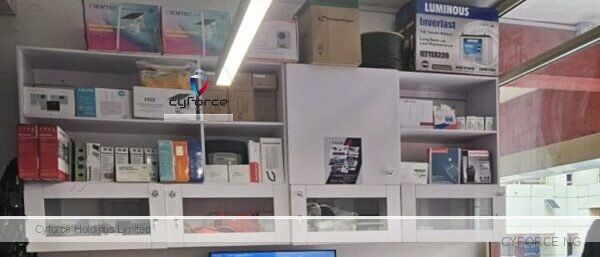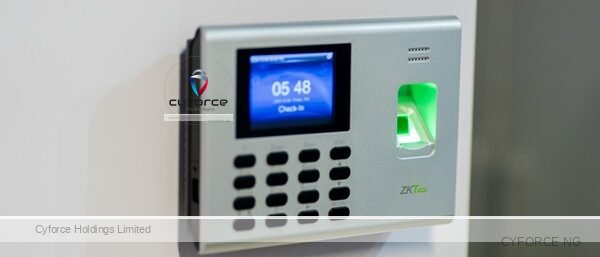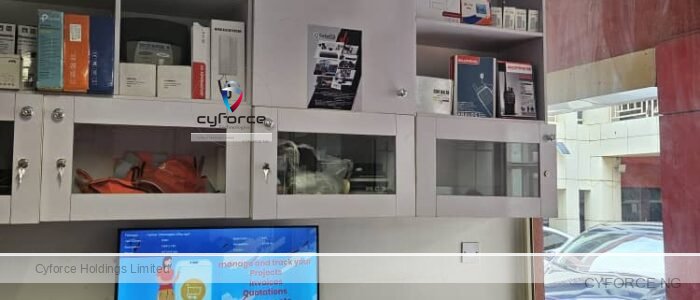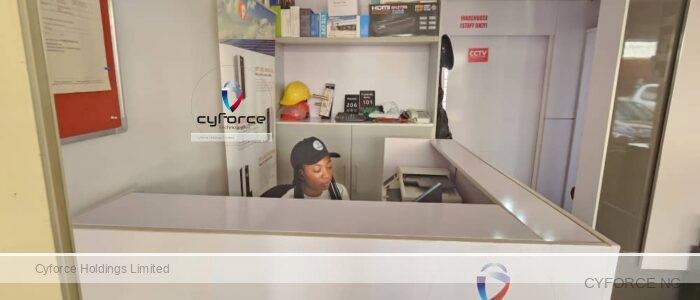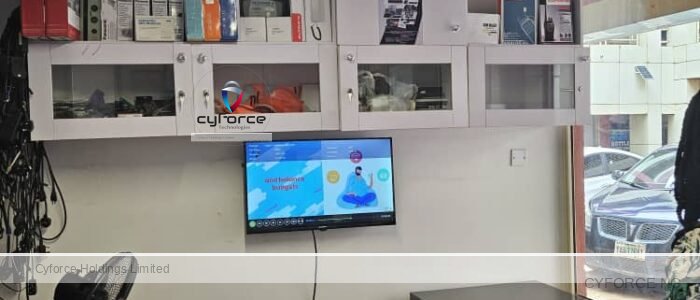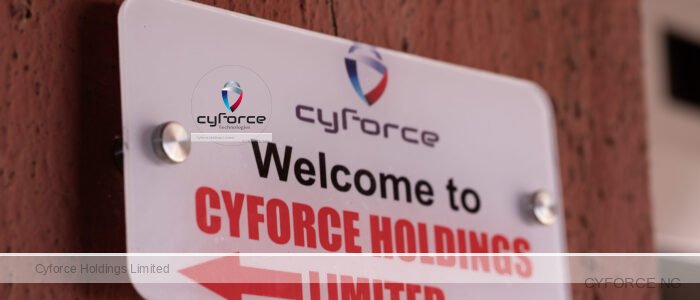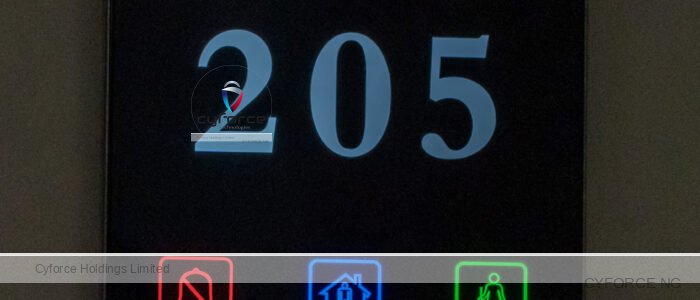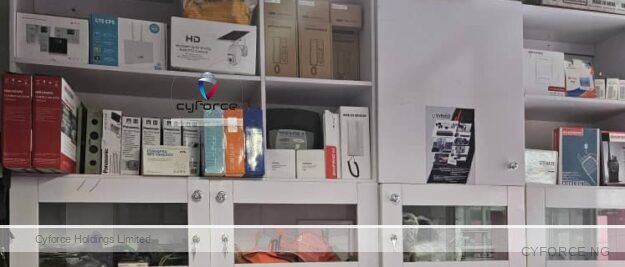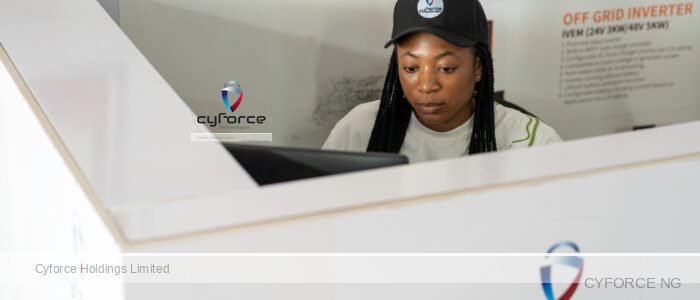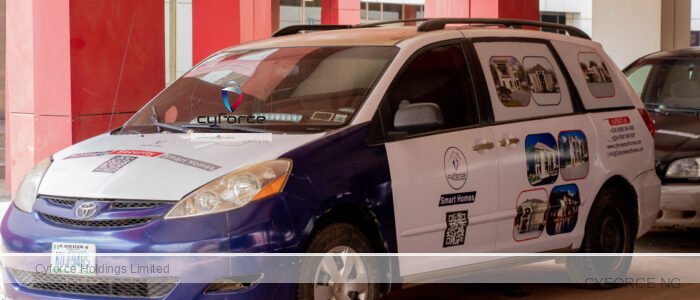
Access Control Solutions
If you’ve ever stayed in a hotel and received one of those sleek card keys instead of the old-school metal key, you’ve already experienced access control in action. At first glance, it might look like just a fancy way of opening doors, but the truth is, access control systems are doing way more than most people realize. And for businesses, whether it’s a hotel, an office building, or even a warehouse, these systems are quickly becoming less of a ‘nice-to-have’ and more of a ‘must-have’.
Let’s face it: security today is not what it used to be. We live in an age where cybercrime is skyrocketing, insider threats are a real thing, and businesses have to juggle not just physical safety but also digital protection. That’s where access control comes in. It acts like the middle ground bridging physical security and smart technology.
What Exactly Is Access Control?
Put simply, access control is the practice of deciding who can go where and when. It’s the system that decides if you can enter a certain building, unlock a specific office, or even log into a company server. Think of it as the modern version of the security guard standing at the gate, only smarter, faster, and much harder to fool.
These days, access control solutions can take many forms:
- Key cards (swipe or tap).
- Biometric scanners (fingerprint, facial recognition, iris scans).
- PIN codes and digital locks.
- Mobile access (your smartphone doubles as your key).
And it’s not just about doors. Access control can extend to computer networks, parking lots, elevators, or even time and attendance tracking.
Why Your Business Needs It
Imagine you run a hotel. Guests come and go every day, staff members need access to different areas, and of course, you don’t want outsiders walking into restricted zones like storage rooms or offices. A traditional lock and key system just won’t cut it anymore.
With access control, you can:
- Assign specific access: Guests only get access to their rooms and maybe the gym or pool. Staff can access the laundry room or front desk, but not the manager’s office.
- Track activity: You’ll know who entered where and when. If something goes wrong, there’s a record.
- Reduce human error: No more worries about lost keys floating around or ex-staff keeping copies.
For offices, it’s even more important. Sensitive information, expensive equipment, and confidential meetings need to be protected. Access control helps make sure only authorized personnel get through. Plus, when your office runs on smart security, it adds a layer of professionalism and clients notice.
Benefits That Go Beyond Security
A lot of people assume access control is just about keeping intruders out. But honestly, the benefits stretch way further.
- Convenience:
No one likes carrying bulky keys around. With smart cards or mobile access, entry becomes quick and hassle-free.
- Cost Savings:
Lost a card? Deactivate it and issue a new one. Compare that with having to change an entire lock because someone misplaced a key.
- Integration with Other Systems:
Modern access control can be linked with CCTV cameras, alarm systems, or even HR systems. For instance, your access card could double as your attendance tracker.
- Scalability:
Whether you’re a small startup or a large hotel chain, these systems can grow with you. Add more doors, more users, more permissions—it scales without much headache.
- Data Insights:
Imagine being able to see patterns, like what time staff usually check in or which areas get the most traffic. That data can actually help with management decisions, not just security.
Let’s Paint Some Scenarios
A hotel installs a biometric access control system for staff-only areas, and within the first month, they notice irregular access attempts at midnight in the storage area. Turns out, a temporary worker was sneaking in. Without access control, that might have gone unnoticed for months, costing the business in stolen goods. Instead, they caught it early, tightened permissions, and avoided a bigger loss.
In another case, an office used access control data to figure out which meeting rooms were under-utilized. They restructured space usage and ended up saving money on leasing extra office floors. See? It’s not just security, it’s business intelligence.
Choosing the Right System
Now, I’ll be honest with you: not all access control solutions are created equal. What works for a hotel may not work for a bank or a school. Before jumping in, a business should ask questions like:
- How many users will need access?
- Do we want biometrics, cards, or mobile entry?
- Should the system connect to our CCTV, alarms, or other infrastructure?
- What’s the budget?
Also, it’s important to partner with professionals who understand the broader picture. Access control isn’t a “plug and play” thing; it’s part of a whole security ecosystem. Companies like Cyforce Technologies that provide cyber security & digital forensics, ICT infrastructure, networking, CCTV, alarms, automation, and even manned guards are better placed to give a complete package that makes sense for your business.
To Wrap Up
At the end of the day, access control is about peace of mind. For hotel managers, it means guests feel safe and operations run smoothly. For business owners, it means assets are secure and employees have just the right level of freedom. And for everyone else, it means stepping into the future of security where locks aren’t just locks, but smart systems that adapt to how we live and work today.
If your business hasn’t thought seriously about access control yet, maybe now is the time. After all, the cost of not securing your premises usually ends up being far higher than the investment in keeping it safe.
Discover more from Cyforce Technologies
Subscribe to get the latest posts sent to your email.










